5 Best Practices For Server Management
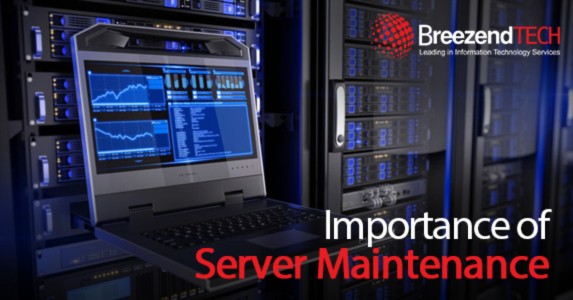
Imagine how it would feel when your company's server is down and you can't access the data.
That would be a disaster.
Especially if there is a meeting coming up or you need to prepare a report for higher management.
But if you are a smart man who likes to plan ahead of time.
Here are 5 best practices for server management to run your servers smoothly:
1. Best Practices for Server Hardware Management
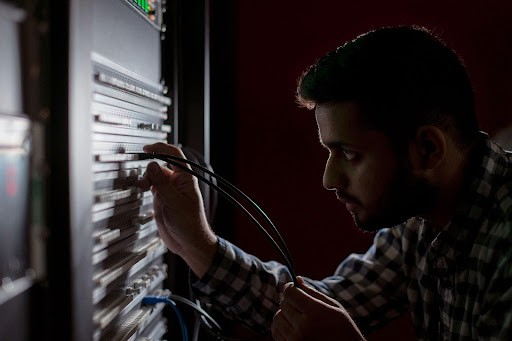
Not monitoring your server's hardware can lead to server crashes and burns. This can also fry your hard disk which leads to corrupted files and loss of data. One of the most common mistakes server management services providers experience.
Here are the steps you should take to keep your server's hardware in check:
- Have many fans, CPU, RAM, Drives, and GPU so that in case of failure, you have a backup for the hardware... This helps you take action in case of an emergency to avoid problems.
- Check the health of the server regularly. If your current RAM reaches full capacity, install more RAM.
- Keep an eye on the CPU's temperature, add more fans if needed. If the CPU is getting heated, get server management services to check.
- It is best to install HP server networking in a cool place with a proper ventilation system. You need to dispose of heat generated by servers. Servers perform best when they are kept at room temperature.
- Servers should be protected from dust. Don't install your servers within construction areas or high traffic areas. The environment for servers should be clean and clear from dust.
2. Best Practice For Server Software Management
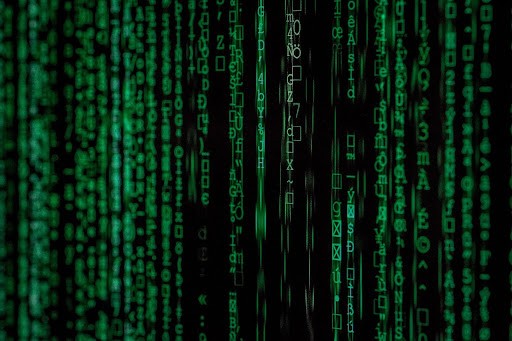
Just like hardware, your server's software should also meet all your requirements. So before getting software for your server, tick the following things:
- It has a dashboard that summarizes the ongoing tasks on the server. Gives you a bird's eye view of your server.
- It allows you to manage your files easily.
- It should be user-friendly.
- There is active support to help you resolve the issues whenever you come across one.
- Is updated regularly because outdated software can cause issues and lag in performance.
As you update your software, update your hardware too. A newer version of software usually requires more power to run.
Updated software is more secure and better equipped against malicious viruses and cyber-attacks.
3. Network Security
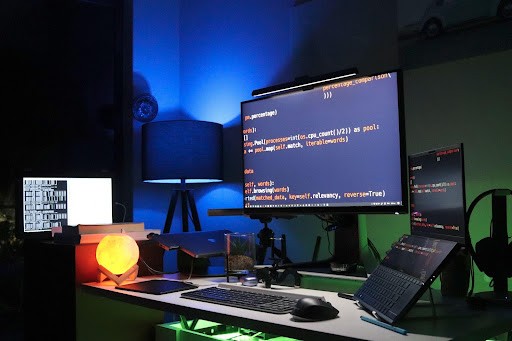
Having a secure network is the most important thing in managing a server.
If hackers can get into your network, they can steal the data being shared on your network.
If it happens, instead of managing your own server, just outsource to Dell server networking.
Here are some important actions you should take to secure your network and server:
- Have a strict policy about who can access the server.
- Key double authentication factor to avoid misuse of login credentials.
- Allow only authorized traffic on your network.
- Encrypt your sensitive data
- Keep your antivirus software up-to-date
- Hire cyber analysts to assess your network's security strengths and weaknesses.
4. Server Backup Management
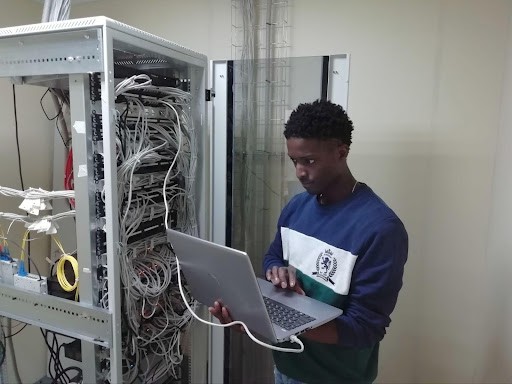
If you are required to do one thing religiously, that is backup your data. Either store the data in cloud storage or in an isolated physical server. More on this in the cybersecurity section.
Backing up your data is very crucial and comes in handy in case of an emergency. Have a backup software that regularly backups your data. But backups shouldn't only be for your data, it should be for everything. Have a backup of the power supply too.
Power outages due to natural disasters such as weather conditions can bring your server down... So always have a power backup in place for such emergencies.
Make sure that the power cables are high quality, properly insulated, and not bundled together. Otherwise, they can spark and cause a fire in your server center.
You should have backups for your fans, CPUs and RAMs. In case any of those fail.
5. Server Cybersecurity

Hackers are getting smarter day by day and inventing new ways to get into your server and steal your data.
But it is you who should take precautions to secure your data.
Following are actionable tips to help you secure your network and server data:
- Allow only authorized users on your network and have strict policy who can access the data.
- Hackers try to log in with automated attempts. No human being can attempt 1000 logins in under a minute. Blacklist IP address with multiple failed login attempts.
- Keep your network connection secure using the SSH protocol. Every hacker knows the default port # of SSH is 22, changing it can lower the chances of attacks on your server.
- Have an Intrusion detection system to expose the suspicious activity.
- Perform a regular file audit to detect any changes to your system. Compare the current state of your system to the previous state to uncover any changes being made to the system.
- Place a firewall in place to allow only authorized traffic on your system.
- Have an isolated backup server in place. It is one of the best ways to secure your data. Have another server in place which has no link to your other servers and keep it as a backup.
Recap
Let's recap how to best manage your server and experience peak performance continuously:
1. Keep a strict check on your server hardware. Replace the failed or burned parts.
2. Get software that gives you a bird' eye view of your server's operations, user-friendly and active customer service support. Keep your server's software up-to-date.
3. Keep your network secured.
4. Always backup your data on an isolated server.
5. Take preventive measures against cyber attacks.
Let us know in the comments below what has been the best tip for you in managing your server?



.png)





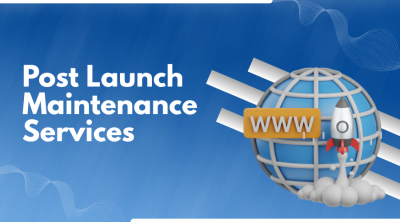
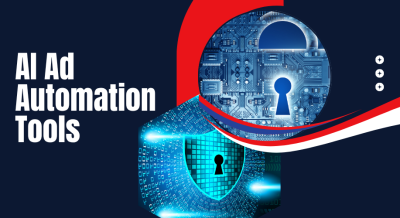
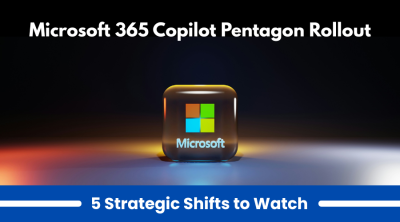









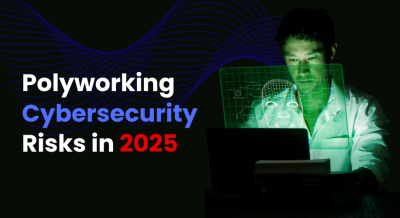

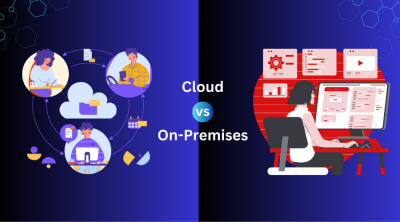


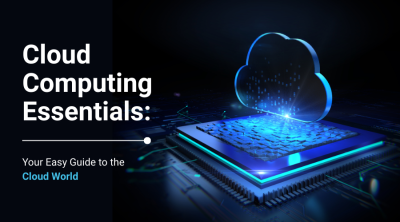




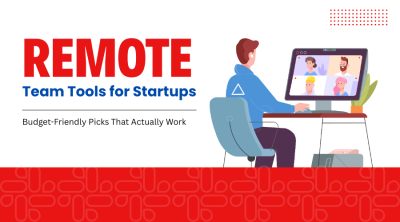
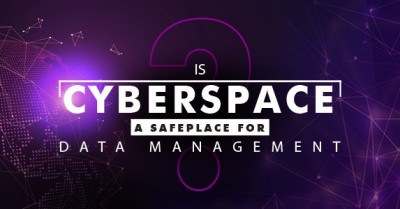



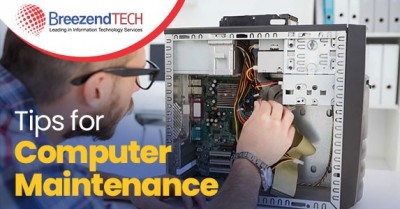
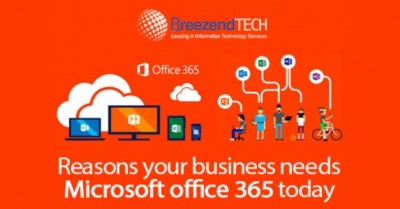
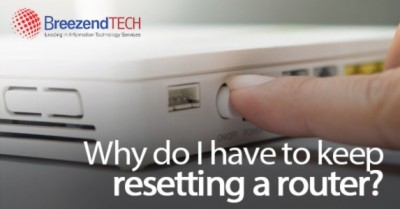

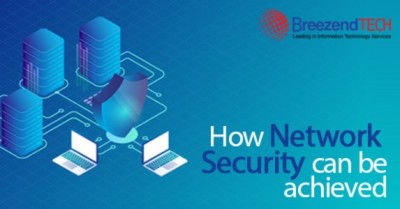


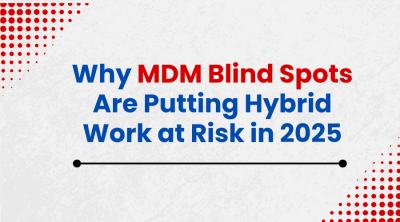
Comments (0)